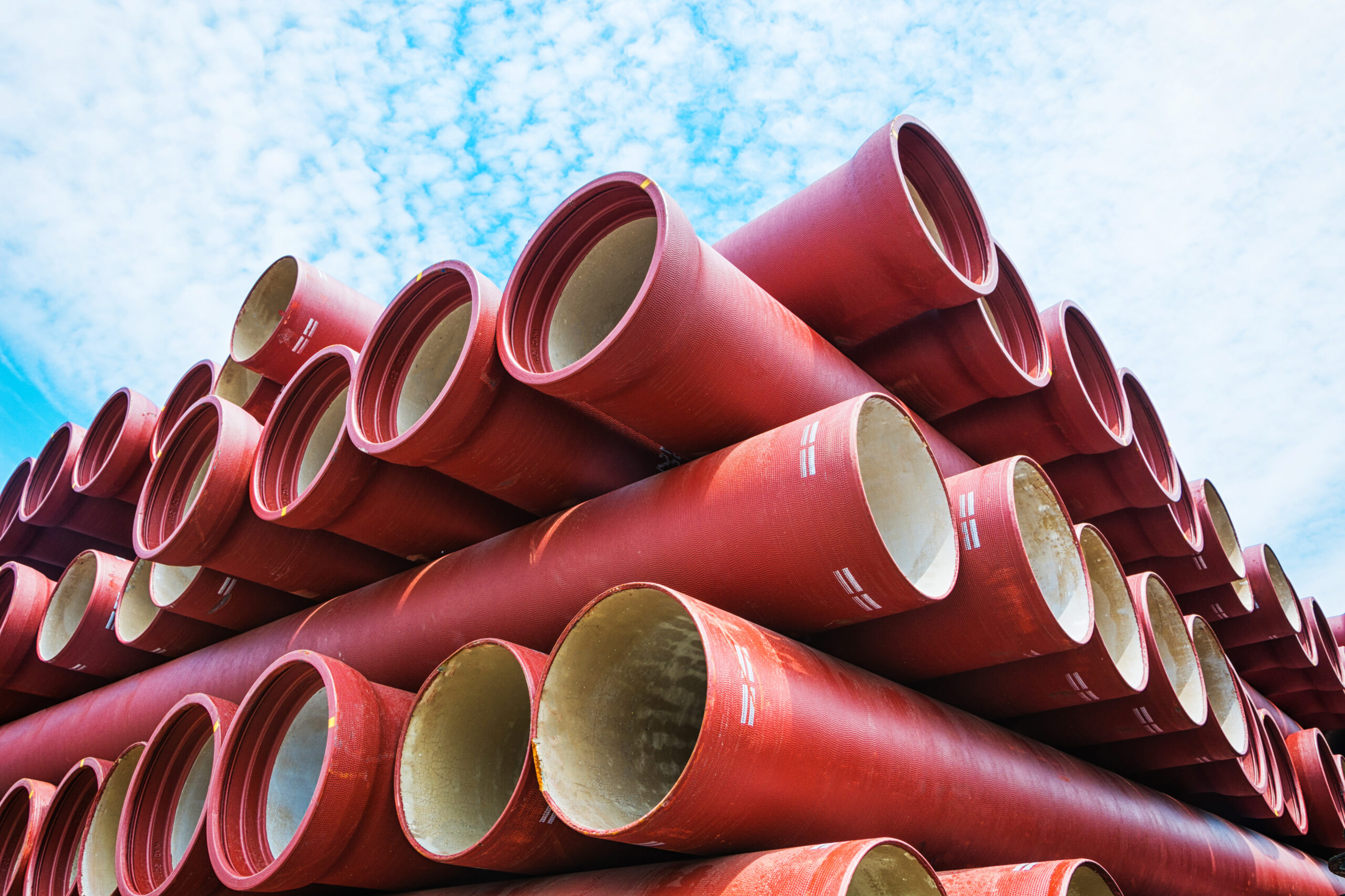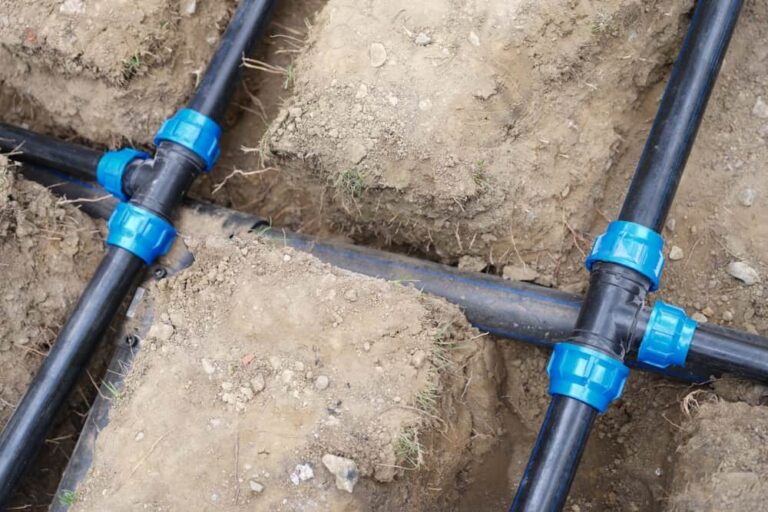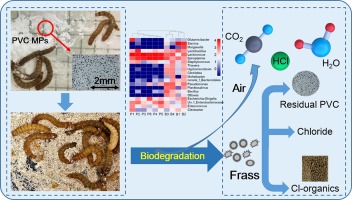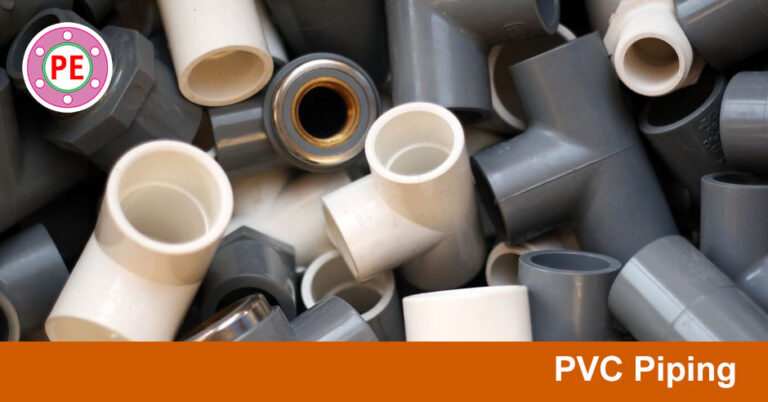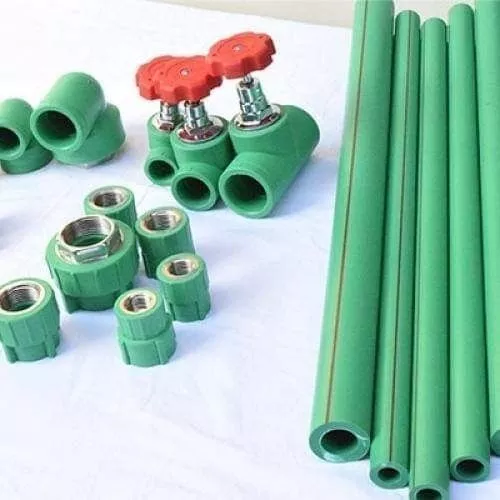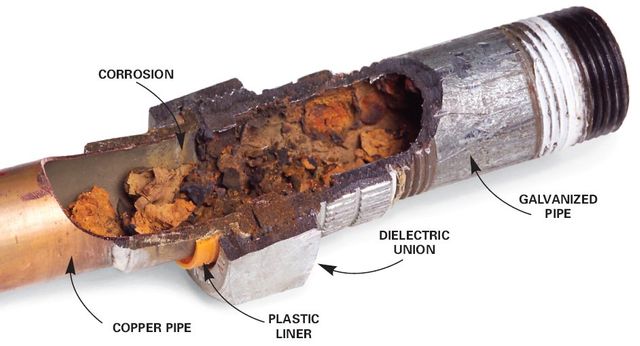What Is The Full Form Of UPVC Pipe?
UPVC stands for Unplasticized Polyvinyl Chloride, and it is a type of plastic pipe used in plumbing and drainage systems. It is often used in lieu of copper pipes due to its affordability, wide availability, and resistance to corrosion. UPVC pipes are significantly cheaper than copper pipes, yet they are just as strong and durable. Additionally, they are easy to install and require minimal maintenance. UPVC pipes are also considered to be an environmentally friendly option due to their recyclability.
Overview of UPVC Pipe
UPVC, also known as Unplasticized Polyvinyl Chloride, is a type of piping commonly used in plumbing, drainage, and wastewater systems. This type of piping is particularly popular due to its durability, strength, and affordability when compared to traditional metal piping. UPVC pipes are also much easier to install, making them ideal for DIY projects. This type of pipe is available in a variety of sizes and thicknesses, and can be cut and molded to fit any project. UPVC pipes are ideal for both indoor and outdoor applications, as they are corrosion-resistant and will not rust. They are also resistant to chemical damage, making them a great option for wastewater and drainage systems where harsh chemicals are used. UPVC pipes are also fire-resistant, making them an excellent choice for any home or business requiring fire protection. UPVC pipes are a great all-around solution for plumbing, drainage, and wastewater systems.
Benefits of UPVC Pipe
UPVC pipe is a type of piping system that is rapidly gaining in popularity due to its wide range of advantages. UPVC stands for unplasticised polyvinyl chloride, which is a highly durable material that can be used in a variety of applications. UPVC pipe is an excellent choice for a variety of projects due to its low cost, long-lasting properties, and ease of installation. UPVC pipe is highly resistant to corrosion and is also fire retardant, making it an ideal choice for industrial and commercial applications. UPVC pipe is also lightweight, making it easy to transport and install. Additionally, UPVC pipe is environmentally friendly and can be recycled, making it an excellent choice for sustainable projects. UPVC pipe is also resistant to a variety of chemicals, making it a great choice for piping in areas where harsh chemicals are used. UPVC pipe is also available in a variety of different sizes and shapes, making it a versatile choice for any project.
Manufacturing Process of UPVC Pipe
UPVC (Unplasticized Poly Vinyl Chloride) pipes are used in many industries, from drainage and water supply to construction and home improvement. UPVC pipes are made from polyvinyl chloride, a synthetic resin with a combination of a plasticizer and stabilizers. The manufacturing process of UPVC pipe may vary depending on the size and shape of the pipe. Generally, the process involves the following steps:
- The polyvinyl chloride is mixed with a variety of additives, such as stabilizers, plasticizers, and colorants, to create the UPVC compound.
- The UPVC compound is then heated and extruded into a pipe-shaped form using an extrusion machine.
- The extruded pipe is cooled and cut into the desired length.
- Quality control tests are performed to ensure that the pipe meets the necessary standards.
- Finally, the UPVC pipe is packaged and shipped to the customer.
The manufacturing process of UPVC pipe ensures that the pipe is strong, durable, and resistant to corrosion and other environmental conditions. UPVC pipes are widely used in various industries due to their excellent properties. They are also cost-effective and easy to install.
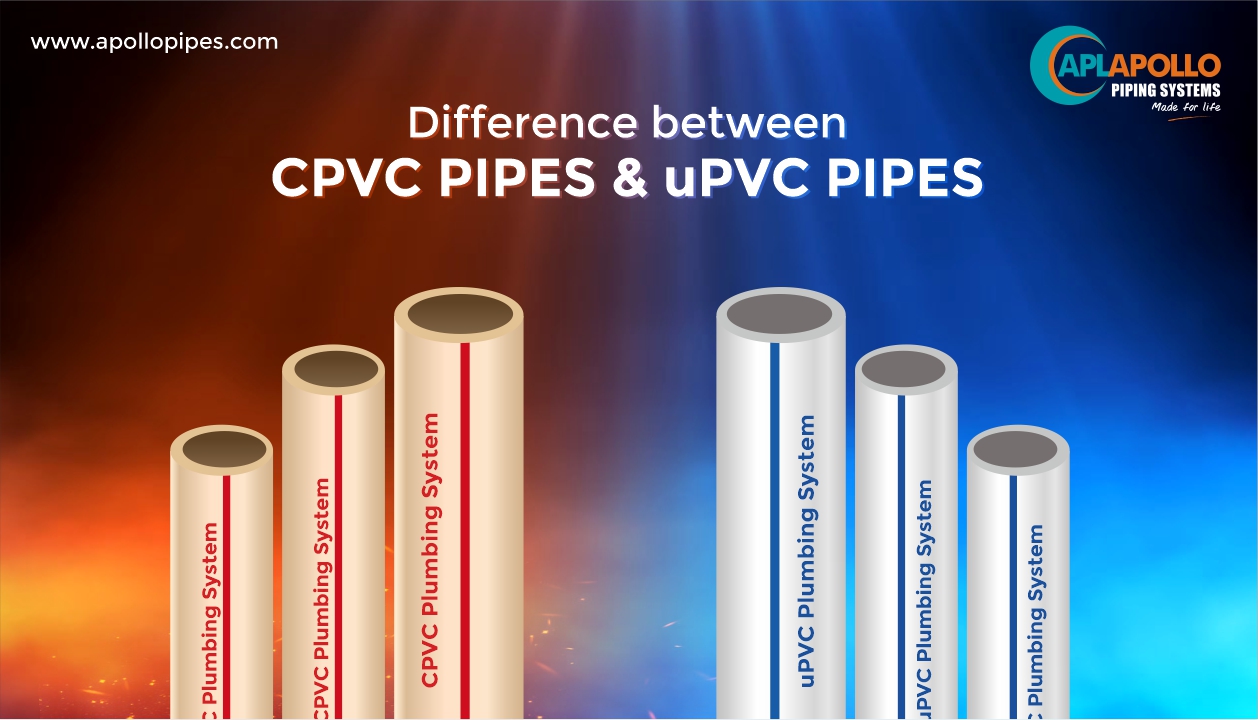
Applications of UPVC Pipe
UPVC pipes, or Unplasticised Polyvinyl Chloride pipes, are becoming increasingly popular due to their versatility and low cost. They are used for a variety of applications, from plumbing to industrial engineering. UPVC pipes are corrosion-resistant, lightweight, and fire-resistant, making them an ideal choice for a variety of industries.
UPVC pipes are suitable for a range of applications, such as water supply systems, sewage systems, and industrial piping systems. In the water supply system, UPVC pipes are used for transporting clean, potable water from the water source to homes and businesses. In sewage systems, UPVC pipes are used to carry wastewater away from buildings. In industrial piping systems, UPVC pipes are used to transport chemicals, gases, and other substances.
UPVC pipes are also used for irrigation systems, cable and electrical wiring, and in HVAC systems. They are also used in the construction of decks, driveways, and other outdoor structures. UPVC pipes are a popular choice for these applications due to their durability, flexibility, and easy installation.
UPVC pipes are an excellent choice for a variety of applications. They are lightweight, corrosion-resistant, fire-resistant, and cost-effective. They are also easy to install and maintain, making them a popular choice for both residential and commercial applications.
Advantages of UPVC Pipe
UPVC or Unplasticized Polyvinyl Chloride is a type of pipe that is gaining popularity in many industries due to its many advantages. UPVC pipes are strong, durable, and have a longer lifespan than many other pipe materials. UPVC pipes are also resistant to corrosion, making them ideal for use in areas with high humidity or water contact. UPVC pipes are also lightweight, easy to install, and require little maintenance. Additionally, UPVC pipes are relatively inexpensive, making them a cost-effective option for many projects. The use of UPVC pipes has also been found to reduce energy costs due to their improved insulation, which helps to reduce heat loss. UPVC pipes are also eco-friendly as they are made from a non-toxic material that is recyclable. UPVC pipes are the perfect choice for many applications, from plumbing and irrigation to HVAC and wastewater systems.
Disadvantages of UPVC Pipe
UPVC (unplasticized polyvinyl chloride) pipe has become one of the most popular materials used in plumbing and drainage systems. This type of pipe is durable, cost-effective, and easy to install, but there are some downsides to consider when using UPVC pipe.
One drawback of UPVC is that it is not designed to withstand extremely high temperatures. This means that hot water or heated liquids cannot be used with UPVC pipe. Additionally, because UPVC is not flexible, it cannot be bent or curved to fit certain spaces. This makes it more difficult to install in certain applications that require bends or curves.
Another potential issue with UPVC is that it is prone to cracking or breaking under stress. This means that if the pipe is in a high-traffic area, such as a construction site, it may need to be replaced more often than other types of pipe. Additionally, if the pipe is exposed to any chemicals, solvents, or cleaners, it is important to be aware that UPVC may react negatively to these substances.
Finally, UPVC pipe is not as aesthetically pleasing as other materials, such as copper or stainless steel. This means that it may not be suitable for certain applications where aesthetics are important, such as in a home.
Overall, UPVC pipe has many advantages, but it is important to consider the potential drawbacks before deciding to use it in your plumbing or drainage system. Although it can be a cost-effective solution, it is important to weigh the pros and cons before making your decision.
FAQs About the What Is The Full Form Of UPVC Pipe?
Q1. What is UPVC pipe?
A1. UPVC pipe stands for Unplasticized Polyvinyl Chloride pipe, which is a type of piping commonly used in plumbing and drainage systems.
Q2. What are the benefits of using UPVC pipe?
A2. UPVC pipe is extremely durable, lightweight, and resistant to corrosion. It is also non-toxic, which makes it safe to use for drinking water.
Q3. How is UPVC pipe installed?
A3. UPVC pipe is typically installed using glue or other adhesive. It is important to follow the manufacturer’s instructions to ensure the pipe is installed properly and securely.
Conclusion
The full form of UPVC Pipe is Unplasticized Polyvinyl Chloride Pipe. UPVC Pipes are used for a variety of plumbing and construction needs, ranging from water supply to sewage and drainage systems. The UPVC pipes are durable and offer great resistance to corrosion and other external factors. They are also easy to install and maintain, making them a popular choice among both residential and commercial establishments.

